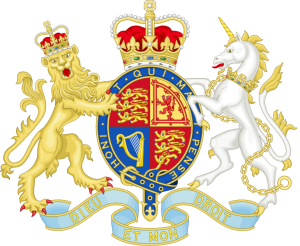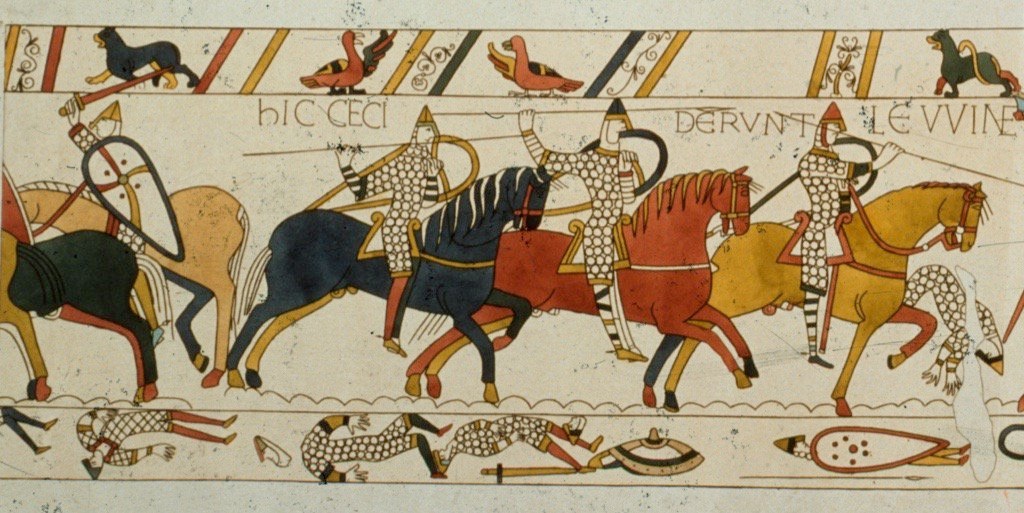 It’s a time-honoured tradition that Brits choose their MPs on a Thursday, which was last broken in 1978, where voters in Hamilton, Scotland, cast their ballots on Wednesday, May 31. The reason? The opening match of the 1978 World Cup was on Thursday, June 1 !
It’s a time-honoured tradition that Brits choose their MPs on a Thursday, which was last broken in 1978, where voters in Hamilton, Scotland, cast their ballots on Wednesday, May 31. The reason? The opening match of the 1978 World Cup was on Thursday, June 1 !
It wasn’t until very recently that the Fixed-term Parliaments Act of 2011 stipulated that all General Elections must take place on the first Thursday in May every five years, barring special circumstances. However the tradition of Thursday as election day predates this act by over 75 years.

The last general election not on held a Thursday was on October 27, 1931 — which was a Tuesday
Before the Fixed Terms Parliament Act 2011, a General Election in the UK would follow the dissolution of Parliament by the Monarch on the advice of the Prime Minister of the day. The Prime Minister thus had the power to choose the date of the election. Now, the decision is taken by two-thirds majority of the House of Commons, or is legally determined through the act as the first Thursday in May every 5 years. The last general election not on held a Thursday was on October 27, 1931 — which was a Tuesday.
Thursday is also usually chosen for Parliamentary by-elections and for other elections such as for mayors and regional assemblies.
 So Why Thursday?
So Why Thursday?
As with many British traditions whose origins are lost in time there’s no one simple answer, however there are many theories…
- Thursday was the usual market day when people in rural areas were more likely to be in town – giving them a better chance to vote.
- It was also thought to be desirable to have elections as far away as possible from Sunday to limit the influence of the parson’s sermon.
- Friday was traditionally payday – when many voters were likely to spend their wages in the pub. The best day to vote was therefore Thursday – when people were short on cash and had nothing else to do.
- Most election results are known by Friday morning – meaning the new prime minister has the weekend to form a Cabinet. In theory, this allows for the smooth transition of power with government returning to normal business the following Monday.
So, no definitive answer but plenty of interesting theories.




